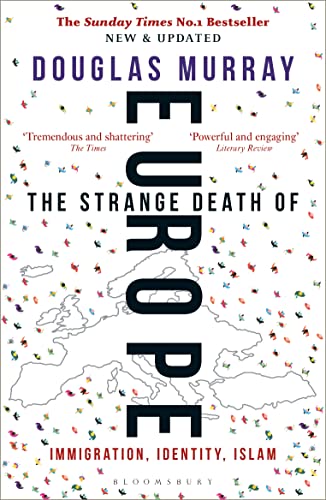I wrote a post ‘Time for an update’ and Anne commented on the post. I was very struck by the comment so I asked if I could publish it here with her permission. Permission granted!
Anne commented:
I am just finishing a book titled: Apocalypse, How catastrophe transformed our world and can forge new futures, by Lizzie Wade. No not a theological perspective but an anthropological one. She examines different societies and civilizations in the past and how they survived and were changed by their own apocalypses. From climate change along the north coast of Peru to the plague in Europe. And lots of other places. She ended up writing this during the Covid pandemic, our most recent global apocalypse.
A few of her conclusions:
Apocalypses have always revealed and exploited societies’ weak points, from an unsustainable relationship with a changing environment to an overly rigid and oppressive social hierarchy. Because of that, apocalypses are also the best chance our societies have for change. . . . apocalypse can reveal the failures of old systems and inspire the creation of new ones.
We can harness the energy and potential of apocalypse to create a new world. But first we have to accept that the apocalypse, with all of its horrors, is here to stay. Only then can we see its opportunities. . . ‘
Embracing apocalypse doesn’t mean resigning ourselves to the worst-case scenario, or giving up on the idea of progress. It means believing that destruction can be a gateway to that progress, societies can and should change, and endings are also always beginnings. It means recognizing that just because we’re used to something doesn’t make it right. It means prioritizing values and ways of life that allow us to adapt and change rather than shoring up brittle social structures that crumble at the first hint of challenge or pressure. It means looking forward with clear eyes rather than scrambling backward toward an illusion of safety that has already disappeared or perhaps never really existed. It means mourning what we’ve lost while also imagining all the things we could create next. It means choosing hope, not instead of fear but alongside of it.
People have prayed the Kingdom come for millennia. Perhaps this is the moment. Not to look back and try to resurrect a structure that was ungodly in the first place – Christendom – but to look forward to connection back to community and to the land (and yes, that involves it’s history) as we face the challenges and opportunities ahead of us.
And to quote the Canadian Prime Minister in his recent comments at Davos: ‘Nostalgia is not a strategy’. It’s time to move on from what is over and find/create our new homes.
Rather than wish I (Martin) had such wisdom I am eager to learn… nostalgia is not a strategy and again I am reminded by Martin Luther’s reply to what he would do if he knew the world was ending tomorrow. He replied ‘I would plant an apple tree’. A sign of the future. The world as we have known it is ending; it will just take a little while before the powers acknowledge it. Whether the parousia takes place ‘soon’ (those words uttered some 2000 years ago) or not, we are called to sow in the light of the future. The soil has changed, the bag from which we draw the seed is different but the seed to be sown remains. Hope is within the seed and nostalgia certainly is not.


